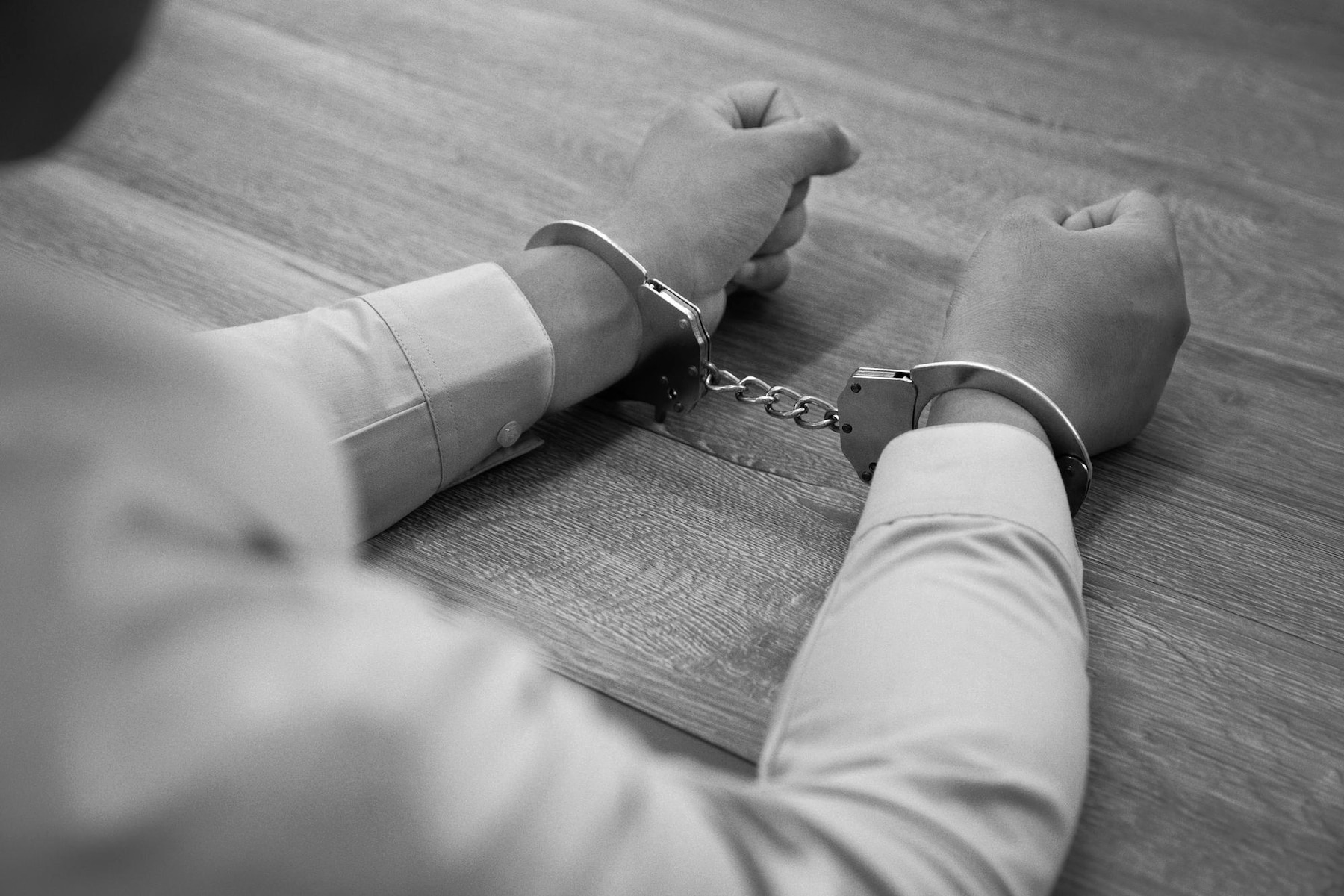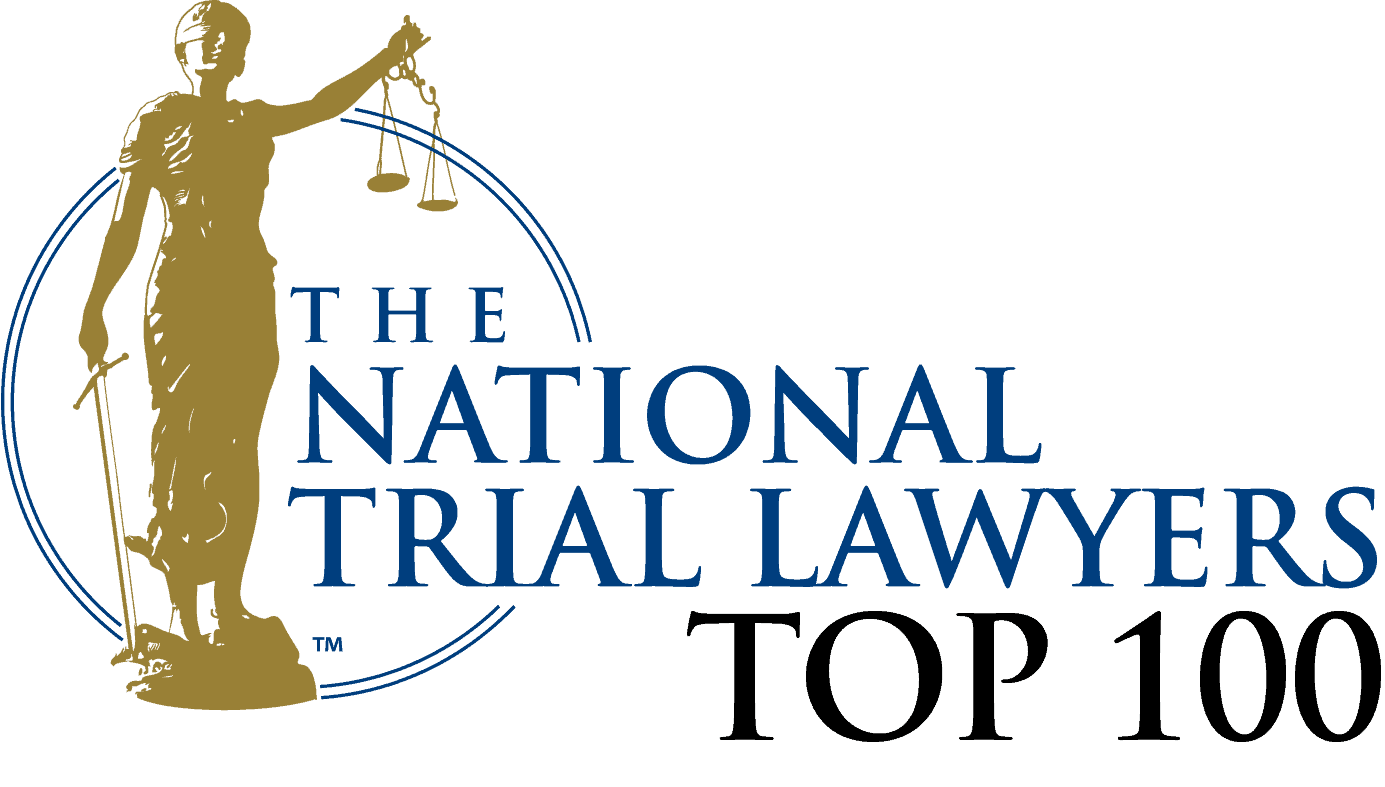My child was arrested, do they need an Attorney?
What happens if your child is arrested and what can you do? In Rhode Island, if you are under 18 years old and get arrested, the Family Court will have jurisdiction and can maintain jurisdiction over that child until the day before their 19th birthday. There are status offenses like truancy, wayward offenses, which are the equivalent of an adult misdemeanor charge and delinquent offenses, which are the equivalent of an adult felony charge.
Depending on the offense and prior criminal history of the juvenile, there are different options for adjudication, including the intake program and drug court, which are both monitored by the Family Court. Most criminal charges or “petitions” will require an appearance before a Judge of the Family Court for an arraignment. At that arraignment the Judge can hold a juvenile at the RI Training School if that Judge believes the child is a danger themselves or the community. The Judge can release the child with various conditions, including home confinement. There are no surety bail or personal recognizance bail for juveniles. Depending on the charge, the case will be assigned for pre-trial and trial and a juvenile has the same constitutional rights as an adult. Sentences can range from probation to time to serve at the RI Training School.
In some circumstances the State may file a motion to waive jurisdiction out of the Family Court, in order to have the juvenile matter treated as if that person was an adult. If a waiver of jurisdiction is filed within the requisite time frame, the Court will have discretion to waive that juvenile after a waiver hearing. Although juvenile criminal matters handled in the Family Court are confidential and a disposition may not appear on an adult background check or BCI, juvenile records can be considered in adult sentencing and some charges, including 1st and 2nd Degree Child Molestation, Sexual Assault, and Possession of Child Pornography, can carry mandatory requisite sex offender registration. These sex offender registration requirements would follow an adjudicated juvenile into their adult life.
The Family Court Juvenile Criminal system is a rehabilitative system, but that doesn't mean your child should appear unrepresented in court. It is important to hire legal counsel that understands the unique aspects of a juvenile criminal case. Here at Inman & Tourgee, our criminal attorneys have a combined 30 years of experience in juvenile criminal law.







